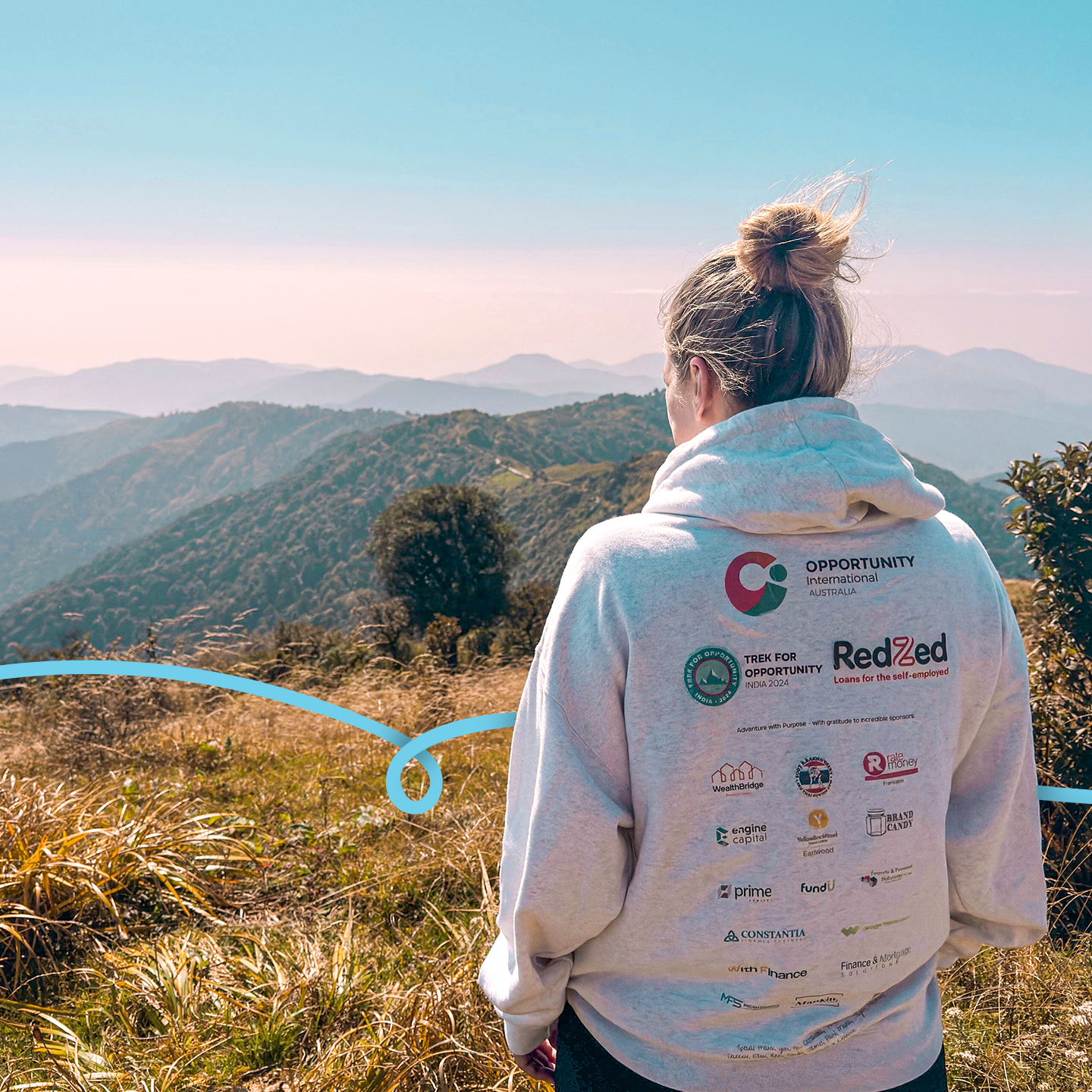Finance insights
Welcome to your go-to hub for finance know-how! Master the loan lingo, dive into real-life customer stories and read expert insights on the finance topics that matter to you.

3 read min
Is your business tax debt becoming a burden?
Struggling with Business Tax Debt? RedZed Can Help. As a self-employed Australian, tax debt can feel overwhelming—but you don’t have to face it alone. In 2024, a staggering 65% of all collectable debt in Australia ($32.5 billion) was tied to small business owners. Fortunately, RedZed could be the solution you need to take control and get back on track.

5 read min
What is an offset account?
Discover how an offset account can help reduce your mortgage interest by linking your savings or transaction account, ultimately saving you money and paying off your loan faster.

5 read min
Big banks don’t understand the self-employed sector and seemingly don’t care to
If you’re self-employed and have tried to get a mortgage or business loan with one of the big banks recently, I’m willing to bet that it was a painful experience even if you succeeded in the end.
But wait, there's more!
Uncover a wealth of finance insights by diving into our other articles.
Small business
Looking for inspiration to boost your business? We’ve got you covered. Whether you’re seeking strategies for business growth, valuable lessons from fellow entrepreneurs, or wellness tips to keep you thriving, it’s all here.

3 read min
If you work for yourself, you deserve a loan that works for you.
We’ve made some exciting changes to our loans to give you more choice and flexibility. With increased borrowing power and sharpened rates, there’s never been a better time to ‘Win with RedZed’.

2 read min
RedZed is sharing the love and providing more options to self-employed Australians
Tune into this special episode of the Broker Daily Spotlight podcast to hear how RedZed provides choice and specialised services to its customers and broker partners.

4 read min
The Startup Way: Creating a business that’s ready for anything
Resilience. It’s an essential ingredient of small-business success. What can self-starters learn about resilience from startup companies that make an art form out of agility?
More inspiring content awaits!
Enhance your business know-how with more tips and tricks found in our other articles!
Behind our brand
Curious about who we are and what we care about? Want the inside scoop on the fun we have with our sporting and charity partners? You’ve come to the right place.

5 read min
Is your job all work and no perk?
Have you ever been promised the world by an employer – professional development, strong culture, comprehensive support – only to find out it was all talk? Discover RedZed’s unique approach to employee benefits.

5 read min
Turning struggle into strength: Suggi’s story
Imagine being forced out of your home with five young children to care for and nothing but the clothes on your back.
This was the harsh reality that a young Indian woman named Suggi faced.

5 read min
RedZed receives sustainability award
RedZed has been named in Australian Broker Magazine’s ‘5-Star Sustainable Programs’, a report that highlights finance businesses that are doing their part to build a better future for the community and the environment.
There's more to explore!
Delve into more articles filled with RedZed-related insights.





